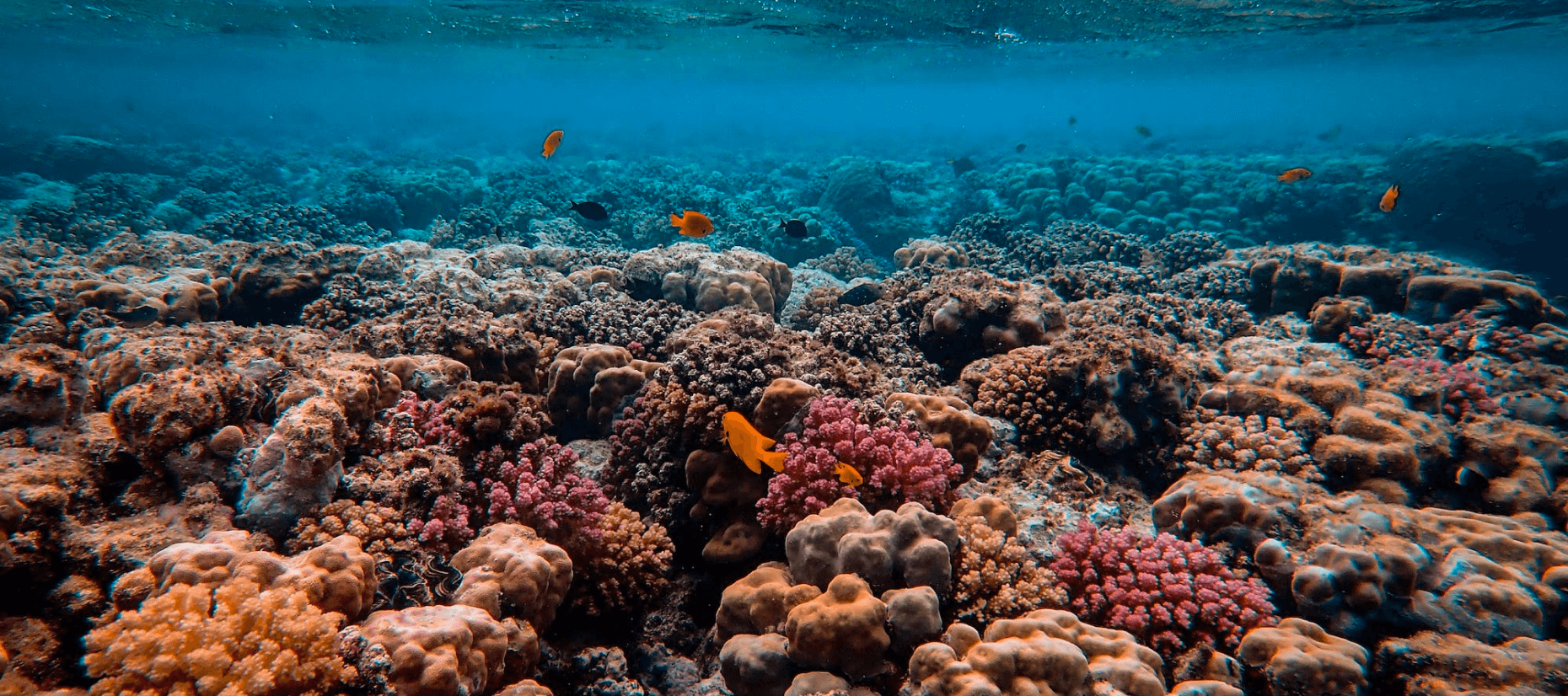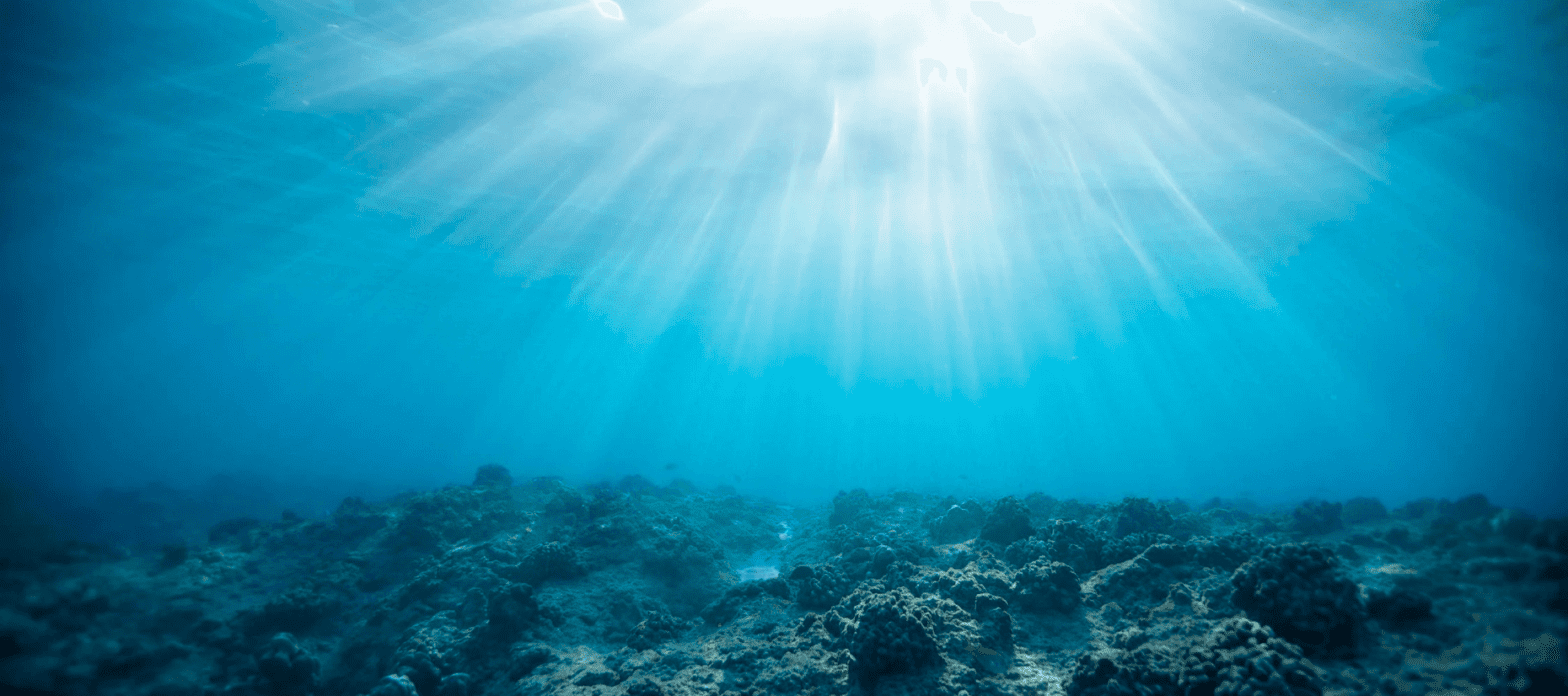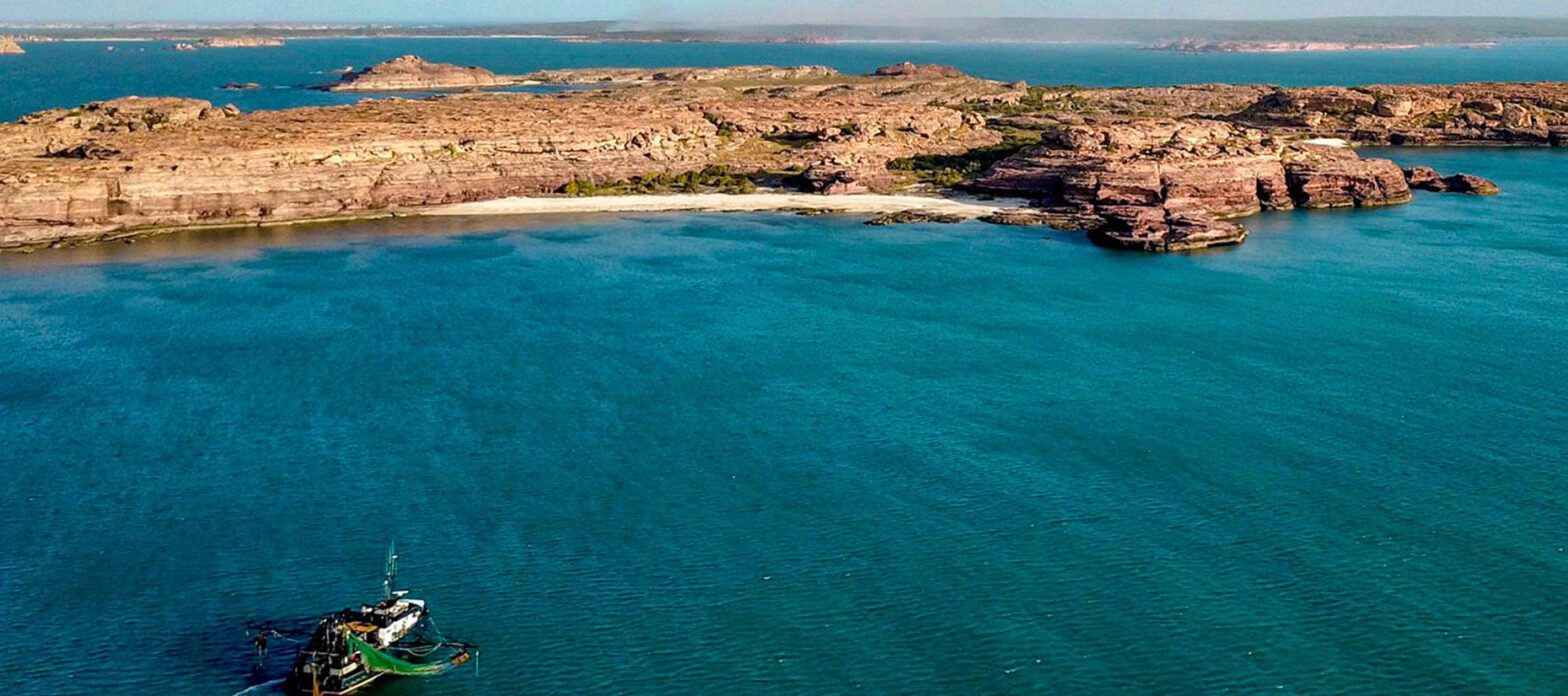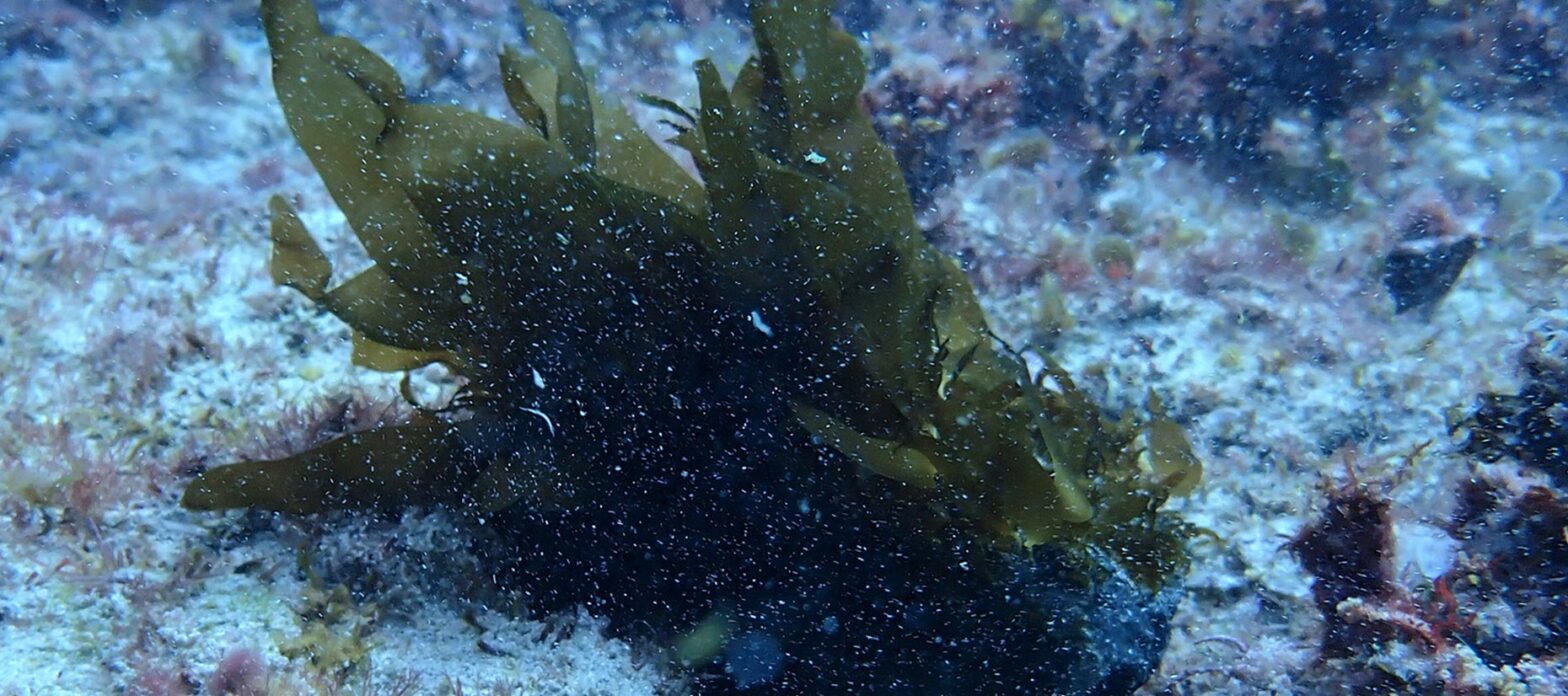- 23 March 2023
How UWA is using a unique carbon offset partnership to help restore kelp forests
The University of Western Australia has partnered with local business Canopy Blue in a bid to reduce its carbon footprint, while allowing it to reinvest in its own research to help regenerate WA kelp forests lost in the 2011 marine heatwave.
The project aims to restore kelp forests within 97,438 hectares of reef between Jurien Bay and Kalbarri, where macroalgae was wiped out during the heatwave, which resulted in an estimated 310,949 tonnes of carbon being released into the atmosphere.
“Reducing our carbon footprint and returning investment into world-class research will help create a better environment for all while increasing expertise in an important field.”UWA Deputy Vice-Chancellor (Research) Anna Nowak
UWA Deputy Vice-Chancellor (Research) Professor Anna Nowak said the project had potential to benefit the University as well as the wider community.

“The research undertaken at UWA aims to rejuvenate kelp forests along the WA coastline while helping the University reach its sustainability goals,” Professor Nowak said.
“Reducing our carbon footprint and returning investment into world-class research will help create a better environment for all while increasing expertise in an important field.”
UWA Senior Sustainability Officer Jenni Harrison said under the arrangement each credit sold by Cottesloe-based Canopy Blue represented one kelp plant grown at the Indian Ocean Marine Research Centre based at UWA and planted at the restoration site.
“It’s a win-win across a number of fronts, but particularly for the environment and sustainability, with the pilot stage of replanting three sites, totalling around 1,000 square metres of kelp forest, already close to being completed,” Ms Harrison said.
She said UWA had a commitment to abate the direct emissions from its operations by 40 per cent in 2023, with half of the required offsets for already coming from Canopy Blue.
With large-scale active interventions needed to help restore decimated kelp forests, Senior Research Fellow at UWA’s School of Biological Sciences, Dr Karen Filbee-Dexter, said scientists had adopted the Green Gravel technique of seeding small rocks in a lab with kelp before they were transferred to the ocean.
“The young kelp overgrow or move off the gravel and attach to the underlying reef – a technique that is cost-effective and doesn’t require scuba diving or artificial reefs as the kelp-covered gravel can be scattered from a boat and up-scaled to treat large areas,” Dr Filbee-Dexter said.
Canopy Blue Chief Executive Officer Jon-Paul Cox said that, while still in its pilot phase, the research and development project expansion and partnership would be sustainable in the future with further investment and the sale of kelp reforestation credits.
“The kelp credits have been sold to a range of customers, including UWA and Austral Fisheries, and allow organisations to support an ecosystem restoration project while offsetting their carbon emissions,” Mr Cox said.
“The credits could also incorporate one carbon credit from an internationally recognised carbon standard such as VERRA, Gold Standard, ACCU or the United Nations Clean Development Mechanism.”
Dr Filbee-Dexter said UWA was now looking to scale up the research and capacity to attempt reforestation over an area 100 times the size of the pilot zone over the next two years, with the potential to involve students in the project also being considered.
More news
-
21 June 2023
Sustainable aviation fuels set for take-off
Press Release: The Hon Catherine King MP, Minister for Infrastructure, Transport, Regional Development and Local Government A homegrown sustainable aviation fuel (SAF) industry could help decarbonise the hard-to-abate aviation sector and create... -
14 March 2023
Austral Fisheries becomes first company to purchase Canopy Blue’s Kelp Reforestation Credits, offsetting carbon emissions under Climate Active program.
Perth, Western Australia Austral Fisheries (Austral) has become the first company to purchase Canopy Blue’s Kelp Reforestation Credits. This move enables Austral, one of Australia’s largest integrated commercial fishing companies and the... -
15 September 2023
Introduction to Green Gravel and Kelp Restoration
Kelp forests, often referred to as the rainforests of the sea, play a critical role in marine ecosystems. They support a diverse array of marine life, improve water quality, and sequester significant...


